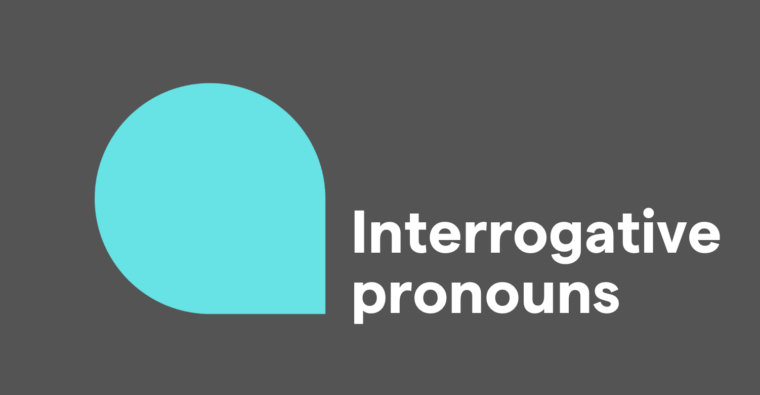The future perfect continuous, also sometimes called the future perfect progressive, is a verb tense that describes actions that will continue up until a point in the future. The future perfect continuous consists of will + have + been + the verb’s present participle (verb root + -ing).
Here’s a tip: Want to make sure your writing always looks great? Grammarly can save you from misspellings, grammatical and punctuation mistakes, and other writing issues on all your favorite websites.
In November, I will have been working
at my company for three years.
At five o’clock, I will have been waiting
for thirty minutes.
When I turn thirty, I will have been playing
piano for twenty-one years.
Nonaction Verbs Do Not Use the Future Perfect Continuous
Remember that nonaction verbs like to be, to seem, or to know are not suited to the future perfect continuous tense. Instead, these verbs take the future perfect tense, which is formed with will + have + past participle.
On Thursday, I will have been knowing
you for a week.
On Thursday, I will have known
you for a week.
I will have been reading
forty-five books by Christmas.
I will have read
forty-five books by Christmas.






